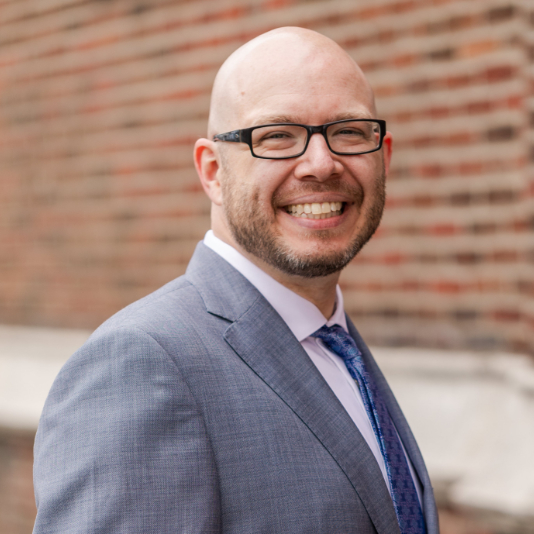Strategic Thinking in Business & Life

a Discovery Core Experience
BCORE 107 (Social Sciences).
About This Course
In almost all areas of life, your actions impact others, and their actions impact you. Situations like this force us to think about how others might behave, so that we can figure out how we should behave in response—knowing that everyone else is doing the same. In other words, we want to think and act strategically.
What Will We Explore?
This course exposes you to different types of situations of strategic interactions, such as the Prisoners Dilemma and the Stag-Hunt game, and provides you with principles to determine your best courses of action. The main objective is to inspire you to think about strategic scenarios and to come up with your optimal strategy employing concepts such as the celebrated Nash Equilibrium through class activities, experiments, games, projects, and reflection. Many of applications will be related to business, but we will also discuss applications to politics, sociology, and many others.
What Skills Will I Gain?
By taking this class, you will meet the Discovery Core learning goals:
Develop and Grow Fundamental Skills for Success
By recreating strategic interactions in class activities, your class participation will allow you to develop quantitative literacy while connecting with your classmates. Researching and preparing for the end-of-quarter group project and presentation on a topic of your group’s choosing will also foster your information literacy and time-management skills.
Identify and Connect with Campus Resources
Doing research for your group project and presentation will allow you to connect with the library and other campus resources. In addition, we will also have a presentation from a representative of the Writing & Communication Center (WaCC) to help you build confidence on your writing and presentation skills. Some of the class activities and games will involve the use of Excel. All the Excel tools needed will be discussed in class; we will have a presentation from a representative of the Quantitative Skills Center (QSC) to talk about how they can support you. If you do not own a calculator or a computer, don’t worry: You can borrow a calculator from the QSC and you can borrow a laptop from our IT Department.
Engage in Reflective Practices
At the end of each class, you will be asked to write a short self-reflection on the strategic lessons of the day. The group project and presentation will also have a reflective component, as you and your group explore the strategic implications in your chosen scenario.
Collaborate in an Inclusive and Diverse Community
You cannot have strategic interaction without at least another person, so many of the class activities and experiments will involve working in pairs or in small groups. The class also encourages to form a study group, with whom you can do the project and presentation towards the end of the quarter.
Cross Disciplinary Boundaries
While many of the applications are centered around business, we will discuss plenty of applications to other areas of life. Moreover, your group will have complete freedom in choosing the topic for your project and presentation.
Professor Alejandro Francetich (he/him/his)
School of Business

Education
2013 Ph.D. in Economic Analysis and Policy, Stanford GSB, Stanford University
M.A. in Economics (Highest Distinction), Universidad Torcuato Di Tella
B.A. in Economics (Magna Cum Laude), Universidad de Buenos Aires, Argentinal
Contact
aletich@uw.edu
(425) 352-5262
UWBB-107D